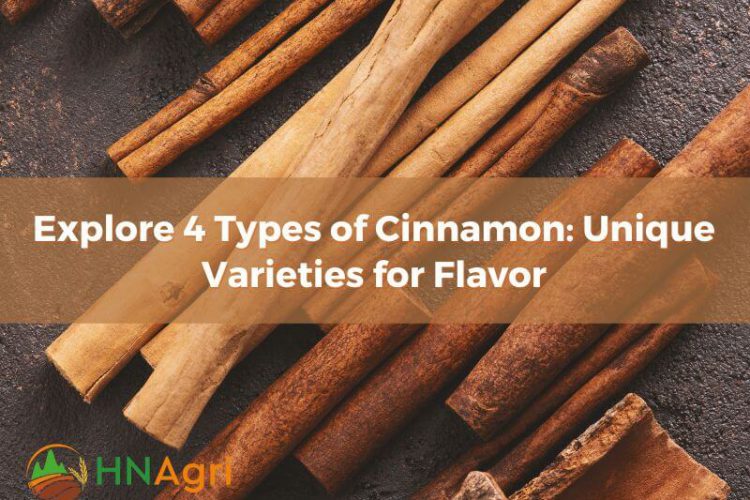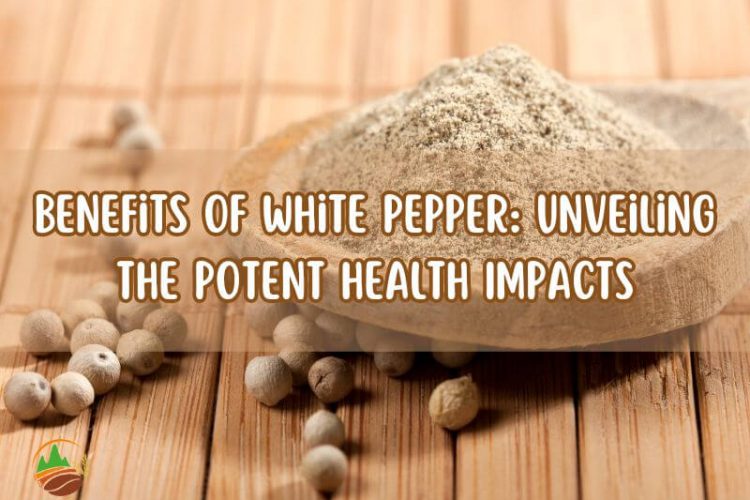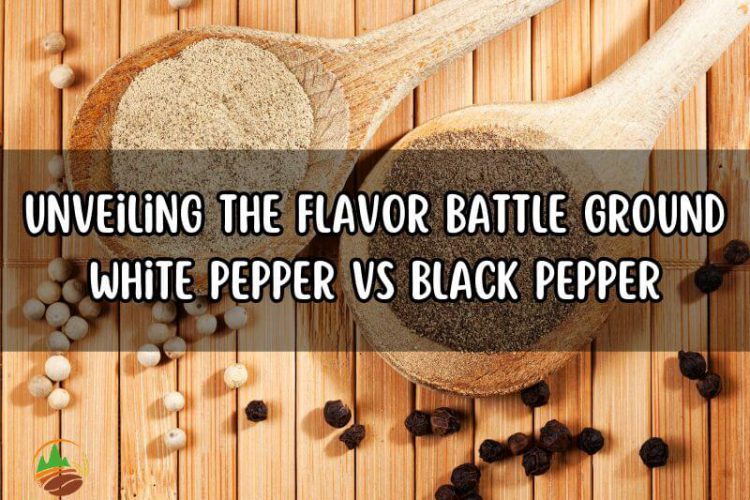Explore the world of Ginger Turmeric Cinnamon Tea and uncover the extraordinary benefits it brings to your overall well-being. From soothing sips to wellness wonders, this herbal infusion is a sip of natural goodness.
Table of contents
Introduction to Ginger Turmeric Cinnamon Tea
This part will introduce you to the background information of ginger turmeric cinnamon tea such as historical roots, and nutritional composition.
Historical Roots of Ginger, Turmeric, and Cinnamon
Ginger, turmeric, and cinnamon are three of the most popular and widely used spices in the world. They have a long and rich history, dating back centuries. These spices have also been used in traditional medicine for thousands of years, and continue to be used today for their many health benefits.
Ginger:
- Ginger is a native plant of Southeast Asia, and has been used as a spice and medicine for over 5,000 years. It was first introduced to Europe in the Middle Ages, and quickly became one of the most popular spices in the region.
- Ginger’s high percentage of gingerol gives it a powerful, aromatic flavor and scent. Many health benefits of gingerol have been demonstrated, such as lowering inflammation, enhancing digestion, and easing nausea.
Turmeric:
- Turmeric is another native plant of Southeast Asia, and has been used as a spice and medicine for over 3,000 years. It was first introduced to Europe in the 13th century, and quickly became one of the most popular spices in the region. Turmeric is also a sacred spice in Hinduism and Buddhism.
- Turmeric has a warm, earthy flavor and aroma, which is due to its curcumin content. Curcumin has been shown to have a number of health benefits, including reducing inflammation, boosting the immune system.
Cinnamon:
- Cinnamon is a spice that is made from the inner bark of several species of cinnamon trees. It is native to Southeast Asia. Cinnamon was first introduced to Europe in the Middle Ages, and quickly became one of the most popular spices in the region. Cinnamon was also a valuable trade commodity, and was often used as currency.
- Cinnamon has a sweet, warm flavor and aroma, which is due to its cinnamaldehyde content.

Traditional Uses of Ginger, Turmeric, and Cinnamon
Ginger, turmeric, and cinnamon have all been used in traditional medicine for thousands of years. Here are a few examples of their traditional uses:
- Ginger: Ginger can treat a variety of digestive problems, including nausea, vomiting, and indigestion. It has also been used to treat inflammation, pain, and respiratory problems.
- Turmeric: Turmeric can treat a variety of inflammatory conditions, including arthritis and inflammatory bowel disease. It has also been used to boost the immune system, protect against cancer, and improve liver function.
- Cinnamon: Cinnamon has been used to improve blood sugar control, reduce inflammation, and protect against heart disease.

The Nutritional Composition of Ginger Turmeric Cinnamon Tea
The nutritional composition of ginger turmeric cinnamon tea brings mang benefits for user.
- Low in Calories: Ginger Turmeric Cinnamon Tea is typically low in calories, making it a healthy beverage choice.
- Anti-Inflammatory: The combination of these spices provides a powerful anti-inflammatory effect, which may help reduce the risk of chronic diseases.
- Digestive Aid: Ginger and turmeric support digestion and may alleviate digestive issues.
- Immune Support: The vitamins and antioxidants in this tea may boost the immune system.
- Blood Sugar Regulation: Cinnamon can help regulate blood sugar levels.
It’s important to note that the specific nutritional content may vary depending on the preparation method and the proportions of each spice used. Ginger Turmeric Cinnamon Tea not only offers a delightful taste but also a range of potential health benefits. Incorporating this tea into your daily routine can be a flavorful way to support your overall well-being.
How Ginger Turmeric Cinnamon Tea Improves Overall Well-Being
Let’s explore how this powerhouse tea enhances your health on various fronts.
- The Anti-Inflammatory Trio: Gingerol in ginger, curcumin in turmeric, and cinnamon’s antioxidants collectively combat chronic inflammation, potentially reducing the risk of diseases linked to inflammation.
- Immune Boosting Blend: Each spice in this tea contributes to a robust immune system. Ginger and turmeric provide vitamins and antioxidants that strengthen your defenses, while cinnamon’s antioxidants help protect against infections and oxidative stress.
- Aiding Digestive Harmony: Ginger has a long history of aiding digestion, relieving nausea, and soothing indigestion. Turmeric supports bile production, while cinnamon may alleviate gastrointestinal discomfort, promoting a healthy digestive tract.
- Antioxidant Arsenal: Your body is constantly under attack from free radicals. Ginger, turmeric, and cinnamon are rich in antioxidants that neutralize these harmful molecules, reducing oxidative stress and its associated health risks.
- A Brighter Mood and Sharper Mind: Ginger’s potential mood-boosting properties, curcumin’s neuroprotective effects, and cinnamon’s cognitive support make this tea a brain-boosting brew.
- Balancing Blood Sugar: Cinnamon can improve insulin sensitivity, aiding in blood sugar regulation—a significant benefit for those with diabetes or at risk of it.
Brewing Your Own Ginger Turmeric Cinnamon Tea: Easy Homemade Recipe
Indulge in the comforting and health-boosting experience of brewing your own Ginger Turmeric Cinnamon Tea. This easy homemade recipe combines the goodness of three powerful spices for a soothing and flavorful infusion.
Ingredients You’ll Need:
- Fresh Ginger: A thumb-sized piece, peeled, and sliced.
- Turmeric Powder: 1 teaspoon or a fresh turmeric root slice.
- Cinnamon Stick: 1 stick or 1/2 teaspoon of ground cinnamon.
- Honey: For sweetness (optional).
- Water: 2 cups.
Instructions:
1.Prepare the Ginger and Turmeric:
- If using fresh turmeric root, peel it and thinly slice it.
- Slice the fresh ginger into thin rounds
2. Boil the Water:
- Place 2 cups of water in a pot and bring it to a boil.
3. Add the Ginger and Turmeric:
- Once the water is boiling, add the ginger and turmeric slices or powder to the pot.
- Reduce the heat to low and let it simmer for about 10-15 minutes to infuse the flavors.
4. Introduce the Cinnamon:
- After simmering, add the cinnamon stick or ground cinnamon to the pot.
- Continue to simmer for an additional 5 minutes. Adjust the cinnamon to your taste.
5. Strain and Serve:
- Using a fine mesh strainer or tea infuser, strain the tea into your cup.
- If desired, sweeten with honey to taste.
6. Enjoy:
- Sip your homemade Ginger Turmeric Cinnamon Tea while it’s warm and let the soothing flavors enhance your well-being.
This homemade tea not only warms your soul but also offers a multitude of health benefits, including anti-inflammatory and immune-boosting properties. Share this recipe with friends and family to spread the joy of wellness through a comforting cup of tea.

Frequently Asked Question
Below are frequently asked questions and answers about ginger turmeric tea.
Q: Can I use powdered ginger and turmeric instead of fresh?
A: Yes, you can use powdered ginger and turmeric if you don’t have fresh ingredients. Adjust the quantities to your taste.
Q: Is this tea suitable for individuals with dietary restrictions or allergies?
A: It’s generally safe, but if you have allergies or specific dietary restrictions, consult with a healthcare professional before adding new ingredients to your diet.
Q: Can I drink this tea if I’m pregnant or nursing?
A: While these spices are generally safe in moderate amounts, pregnant or nursing individuals should consult with their healthcare providers before adding new foods or beverages to their diet.
Q: How often should I drink Ginger Turmeric Cinnamon Tea?
A: It’s safe to enjoy this tea daily, but moderation is key. One to two cups a day is a typical recommended intake.
Q: Are there any potential side effects of consuming this tea?
A: While rare, excessive consumption of these spices can lead to digestive discomfort. Start with small quantities and adjust to your tolerance.
Q: Is Ginger Turmeric Cinnamon Tea a replacement for medical treatment?
A: No, while it offers potential health benefits, it’s not a substitute for medical treatment. If you have specific health concerns, consult a healthcare professional for guidance.
Remember that individual responses to this tea can vary, and it’s essential to listen to your body and consult with a healthcare provider if you have any concerns about its suitability for your health condition.






